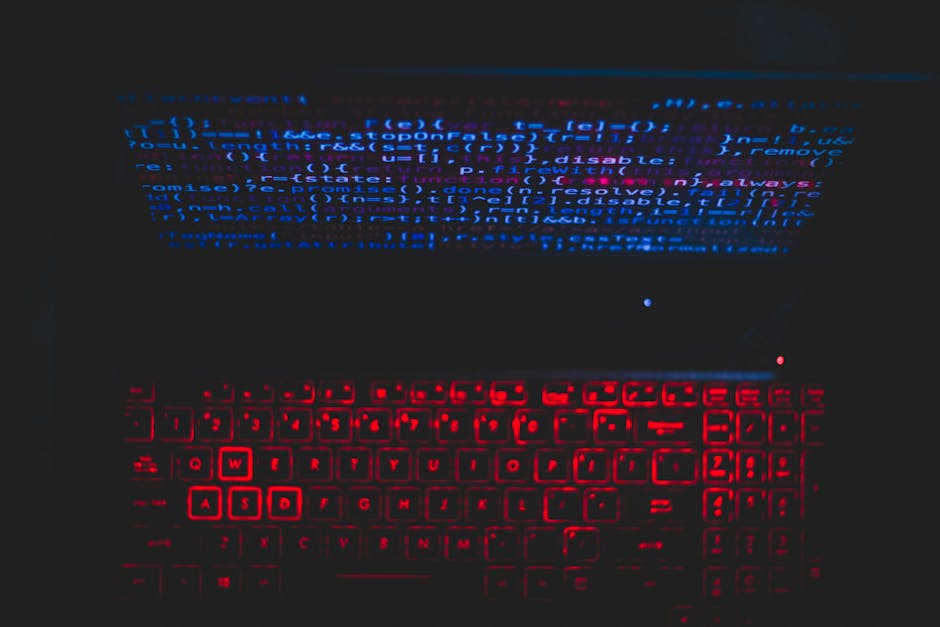
A critical SQL injection vulnerability (CVE-2025-3011) has been identified in PiExtract’s SOOP-CLM software, rated 9.8 (CRITICAL) on the CVSS scale. This unauthenticated remote vulnerability allows attackers to execute arbitrary SQL commands, potentially compromising database integrity across affected systems. The vulnerability was publicly disclosed on March 31, 2025, with immediate attention required from security teams.
Technical Analysis of CVE-2025-3011
The vulnerability exists in the SOOP-CLM component of PiExtract’s software suite, where improper input validation allows SQL command injection through user-supplied parameters. Unlike similar vulnerabilities like CVE-2025-22785 in ComMotion (CVSS 9.3) or CVE-2025-25064 in Zimbra (CVSS 8.8), this flaw requires no authentication, significantly increasing its attack surface. Successful exploitation could lead to complete database compromise, including data exfiltration, modification, or deletion.
Recent trends in SQL injection attacks show increasing sophistication, particularly in IoT systems where APIs often lack proper input validation. The PostgreSQL psql injection (CVE-2025-1094, CVSS 8.1) demonstrated similar risks through UTF-8 multibyte character exploitation, while the VeraCore incident (CVE-2025-25181, CVSS 9.9) combined SQLi with webshell deployment.
Impact and Affected Systems
Organizations using PiExtract’s SOOP-CLM for data management are at immediate risk. The vulnerability’s critical rating stems from three factors: network accessibility without authentication, potential for complete system compromise, and the simplicity of exploitation. This aligns with broader IoT security challenges where application-layer vulnerabilities frequently expose entire networks.
Comparative analysis shows this vulnerability exceeds the risk profile of similar recent SQLi flaws:
| CVE | System | CVSS | Authentication Required |
|---|---|---|---|
| CVE-2025-3011 | PiExtract SOOP-CLM | 9.8 | No |
| CVE-2025-22785 | ComMotion | 9.3 | Yes |
| CVE-2025-25064 | Zimbra | 8.8 | Yes |
Mitigation and Remediation
Immediate actions should include network segmentation of SOOP-CLM systems and review of database access logs for unusual queries. Long-term remediation requires:
- Implementation of parameterized queries
- Web Application Firewall rules to filter SQL meta-characters
- Database permission reduction to least-privilege principles
For organizations managing IoT deployments, this incident reinforces the need for layered defenses. The MDPI Electronics study highlights effective strategies including TLS 1.3 encryption for API communications and role-based access control for device management interfaces.
Conclusion
CVE-2025-3011 represents a significant threat to organizations using PiExtract’s software, particularly in environments where SOOP-CLM interfaces with critical databases. The vulnerability’s characteristics and high CVSS score necessitate urgent attention from security teams. This incident follows a pattern of increasing SQL injection risks in both enterprise and IoT systems, underscoring the ongoing importance of secure coding practices and proactive vulnerability management.
References
- “CVE-2025-3011 – PiExtract SOOP-CLM SQL Injection Vulnerability”, National Vulnerability Database, March 2025. [Online]. Available: https://nvd.nist.gov/vuln/detail/CVE-2025-3011
- “CVE-2025-1094: PostgreSQL `psql` SQL Injection”, Rapid7, February 2025. [Online]. Available: https://www.rapid7.com/blog/post/2025/02/13/cve-2025-1094-postgresql-psql-sql-injection-fixed/
- “IoT Security Best Practices”, MDPI Electronics, vol. 11, no. 20, p. 3330, October 2022. [Online]. Available: https://www.mdpi.com/2079-9292/11/20/3330
- “CVE-2025-25181: VeraCore SQL Injection & Upload Exploit”, Intezer, March 2025. [Online]. Available: https://intezer.com/blog/research/xe-group-exploiting-zero-days/
- “POCO Library Security Updates”, GitHub Repository, 2024. [Online]. Available: https://github.com/pocoproject/poco/blob/main/CHANGELOG






